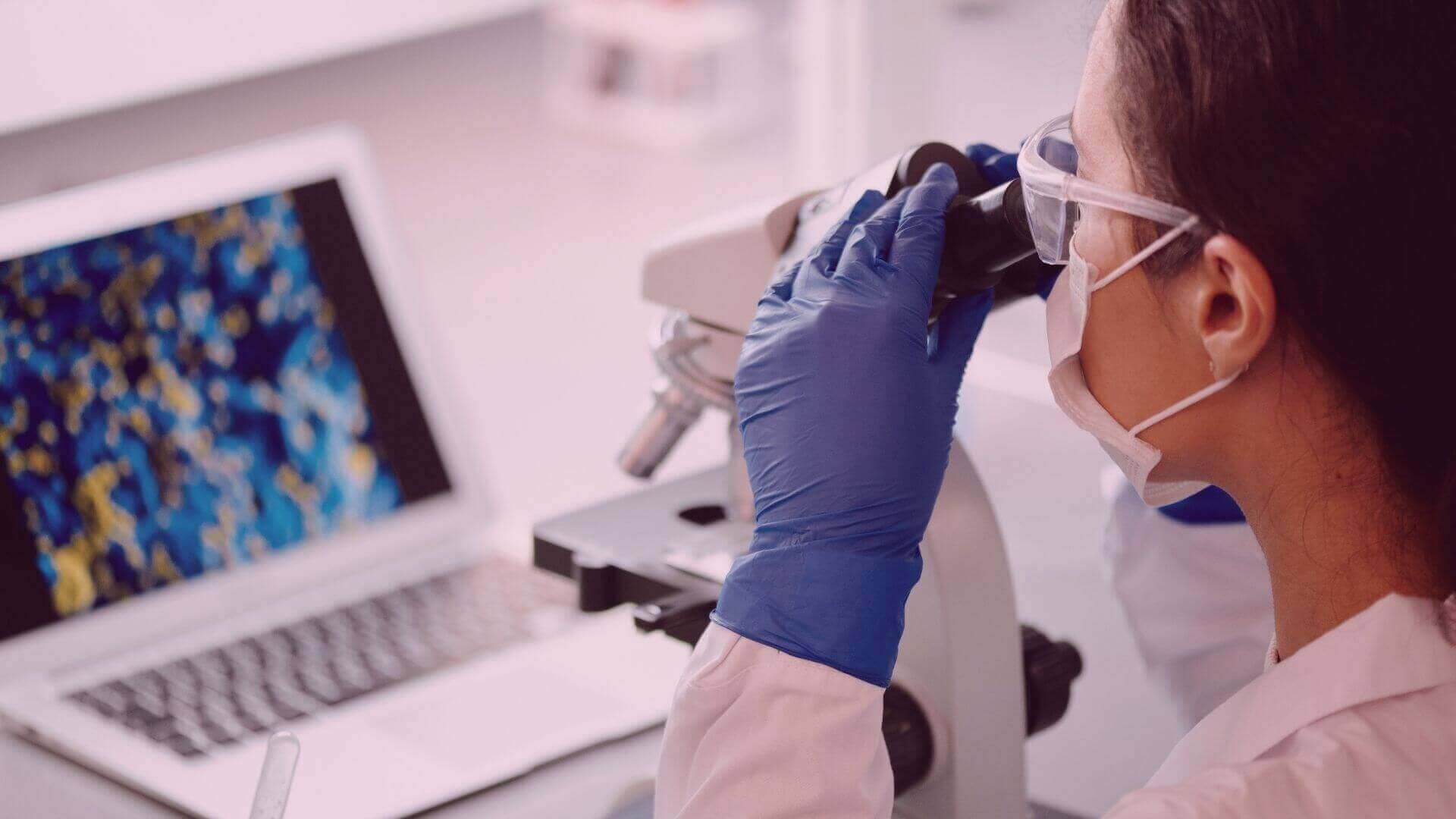Macroguide to have a healthy microbiota and improve fertility (part 1)
The microbiota plays an essential role in fertility, both female and male. the masculine.
We have seen that there are different scientific studies that corroborate its importance, and that, although this scientific literature still needs to be expanded, the evidence is beginning to be clear. It is important to maintain a balance of flora, both in men and women.
But... What can I do to maintain a good microbiota?
We are going to give you some ideas to know what a healthy and balanced microbiota looks like.
What is a good vaginal microbiota
The vagina has a very specific pH. In adolescence, with sexual maturation, a series of secretions are produced with the nutrients necessary for the growth of Lactobacillus that should predominate in these mucous membranes.
These bacteria are precisely responsible for maintaining an optimal pH that will keep the excessive growth of other not so interesting bacteria at bay (such as Gardnerella Vaginalis or Candida Albicans, among others).
How to measure the vaginal microbiota
Vaginal pH changes throughout a woman's life and is very important to take into account. This pH can be measured with litmus test strips available in pharmacies. On a scale of 1 to 14, a 7 would be a neutral pH. From 7 up would be a more alkaline pH, and down would be an acidic pH.
How it changes vaginal microbiota during the female cycle
As we have seen, the vaginal microbiota changes during the cycle. There are some parameters in which the pH moves:
Before the first period, the pH ranges between 6.8 and 7.2.
In the days before menstruation: between 3.8 and 4.2.
The rest of the cycle: between 4 and 5.
During menstruation, it recovers the same values as during childhood, between 6.8 and 7.2.
During pregnancy: slightly less than 4.5
During menopause: values close to 7.
How is the seminal microbiota male
It is known that, although the female genital microbiota shares the 85% of the bacterial species with the seminal microbiota, it is richer and more diversified.
The mechanism of action of the balance between microorganisms through the pH level is shared but, unfortunately, Little or nothing has been studied about the evolution in the composition of the microbiota of male semen., with the relevance it may have in the face of failed fertility processes.
Perhaps there are cultural issues behind it, but it is, without a doubt, a pending chapter that is now beginning to be studied.
Probiotic supplementation for female microbiota and male
As we mentioned before, probiotics are live microorganisms, like bacteria, that are not harmful to our body.
Provided in appropriate doses and supervised by a specialist therapist, probiotics help to preserve the vaginal and seminal flora, avoiding and reducing infections.
The predominant lactobacilli in the vagina are Lactobacillus Crispatus, L. iners, L. Jensenii and L. Gasseri.
In semen they are Lactobacillus spp., Staphylococcus, Streptococci, coryneform bacteria and various anaerobic microorganisms.
The most common conditions that alter the vaginal flora are caused by fungi and in men by E. Coli.
Both manage to replace or cancel the defensive function of lactobacilli.
In these cases, the lactobacilli supplied by the probiotics adhere to the mucous membranes. These lower the pH of the tissues, preventing the proliferation of more germs.
Therefore, the probiotics They are very useful when there is an infection in the intimate areas, but they can also be used as a preventive tool.
Common mucosal immune system
All the mucous membranes of the body have similar characteristics: their tissues are similar, they all secrete some type of defensive fluids and are colonized by a series of bacteria, the microbiota, which enable them to do their work. immunological work correctly.
The interesting thing is that all the mucous membranes of the body are connected to each other. They communicate. All of them form the common immune system of the mucosa.
And this is important because if we want to have a healthy microbiota in the mouth, vagina or male reproductive system, it will be important that the main mucosal tissue is also healthy.
If this is not the case, its alteration may affect the level of immunological tolerance of the rest of the mucous membranes. And the main mucosal tissue in the body, by extension, is the intestine.
In this sense, the intestinal microbiota is crowned as the spearhead in all treatments that attempt to improve the state of all other mucous membranes.
How does it affect gut microbiota to the vaginal or seminal microbiota
Intestinal dysbiosis produces inflammation in the intestine itself but, in turn, systemically affects its host:
– It affects the metabolism of nutrients, how we absorb what we eat.
– Increases intestinal permeability, allowing excess passage of harmful substances into the bloodstream.
– From the above results a pro-inflammatory systemic environment and a dysfunction of the immune system that can affect the individual in very different ways. Yes, fertility too.
For all these reasons, it is said that intestinal dysbiosis can lead to chronic metabolic, neurological, autoimmune, inflammatory, neoplastic, etc. diseases.
Do you want to see how your intestinal microbiota is doing from home? You can take this test and in the laboratory they will sequence all the DNA of your microbiota and you will have a personalized profile. LINK TEST MICROBIOTA
Therefore, its care will be part of the recommendations we offer you to improve the state of the microbiota.
In the second part of this macro guide on how to maintain a good microbiota, we discover practical tips that help you keep your microbiota healthy to promote fertility.
It may interest you
- Microbiota and fertility macroguide (Part 2️⃣): practical tips
- Improve your fertility with an anti-inflammatory diet

